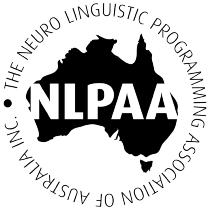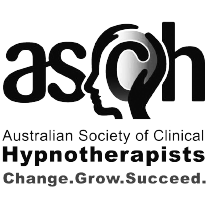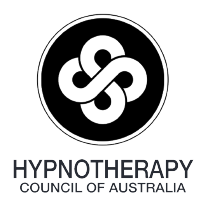
Tired of Not Sleeping? Hypnosis Might Be the Key. If you struggle to fall asleep, wake during the night, or battle racing thoughts at bedtime, you’re not alone. Insomnia and poor sleep affect millions, leading to fatigue, anxiety, poor focus, and even long-term health issues. But what if the answer isn’t more pills, white noise machines, or yet another sleep hygiene checklist? What if the key lies in your subconscious mind? That’s where hypnosis for sleep comes in, with a gentle, effective method to reprogram your brain’s patterns around sleep, stress, and relaxation.
How Does Hypnosis Help with Sleep and Insomnia?
Hypnosis works by guiding your mind into a deeply relaxed state — bypassing the critical, overactive thoughts that often cause insomnia. In this state, your subconscious becomes more open to suggestion. A skilled hypnotherapist can help you:
- Release anxious thought loops
- Detach from stress before bed
- Create strong mental associations with rest and safety
- Reset your body’s natural sleep rhythm
In short, hypnosis retrains your brain to see sleep as safe, easy, and desirable — not something to dread or fight.
The Science: What Happens in the Brain During Hypnosis?
During hypnosis, your brainwaves slow down from the fast-paced beta waves of alert thinking to the alpha and theta waves associated with calm, drowsy states.
This mimics the natural process your brain should go through before sleep. Hypnosis also lowers cortisol (the stress hormone), calms the nervous system, and activates the parasympathetic response — your body’s “rest and digest” mode.
This means your mind and body learn how to fall asleep naturally again — without sedatives or over-the-counter aids.
What Sleep Issues Can Hypnosis Help With?
Hypnosis can help with a wide range of sleep problems, including:
- Chronic insomnia
- Trouble falling asleep
- Frequent night waking
- Early morning waking
- Anxiety-related sleep disruption
- Night-time rumination or overthinking
It can also support sleep recovery during grief, burnout, trauma, or life transitions.
Why Choose Hypnosis Over Medication?
Unlike sleeping pills, hypnosis doesn’t knock you out or create dependency. Instead, it teaches your body how to fall asleep and stay asleep on its own.
Plus, hypnosis improves other underlying causes of sleep disruption — like stress, anxiety, or unprocessed emotions — which medications often ignore.
Real-World Results: What Clients Report
After a few hypnosis sessions, many clients report:
- Falling asleep faster
- Sleeping through the night
- Waking up feeling refreshed (not groggy)
- A quieter mind at bedtime
- Less worry or fear about “not sleeping
Even better, these benefits tend to be long-lasting, especially when supported by simple self-hypnosis techniques at home.
Want Better Sleep Without Medication?
If you’ve tried everything else, hypnosis might be the gentle, science-backed approach that finally helps your mind rest — deeply and naturally.
Discover the benefits of hypnotherapy
Explore how hypnosis helps with anxiety
Learn more about modern hypnosis
Can hypnosis really help me fall asleep faster?
Yes. Hypnosis helps calm the racing mind and body tension that often block sleep. It conditions your mind to feel safe, relaxed, and ready to sleep.
How many sessions will I need?
Some people see results after one session, but most benefit from 3–5 sessions to deeply reprogram sleep patterns and practice self-hypnosis.
Is hypnosis safe for people with chronic insomnia?
Yes. Hypnosis is safe, non-invasive, and drug-free. It can be used alongside other treatments or as a standalone support.
Will I be unconscious or unaware during hypnosis?
No. You remain conscious, aware, and in control. Hypnosis feels like a deeply relaxed, daydream-like state, not sleep or sedation.
Can hypnosis help with night-time anxiety or overthinking?
Absolutely. Hypnosis is particularly effective for reducing night-time rumination, calming anxious thoughts, and promoting emotional regulation.
What if I can’t be hypnotised?
Most people can enter a hypnotic state, especially with a trained hypnotherapist using modern, adaptive methods. Even light trance can improve sleep outcomes.




